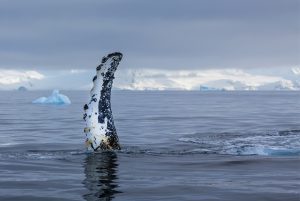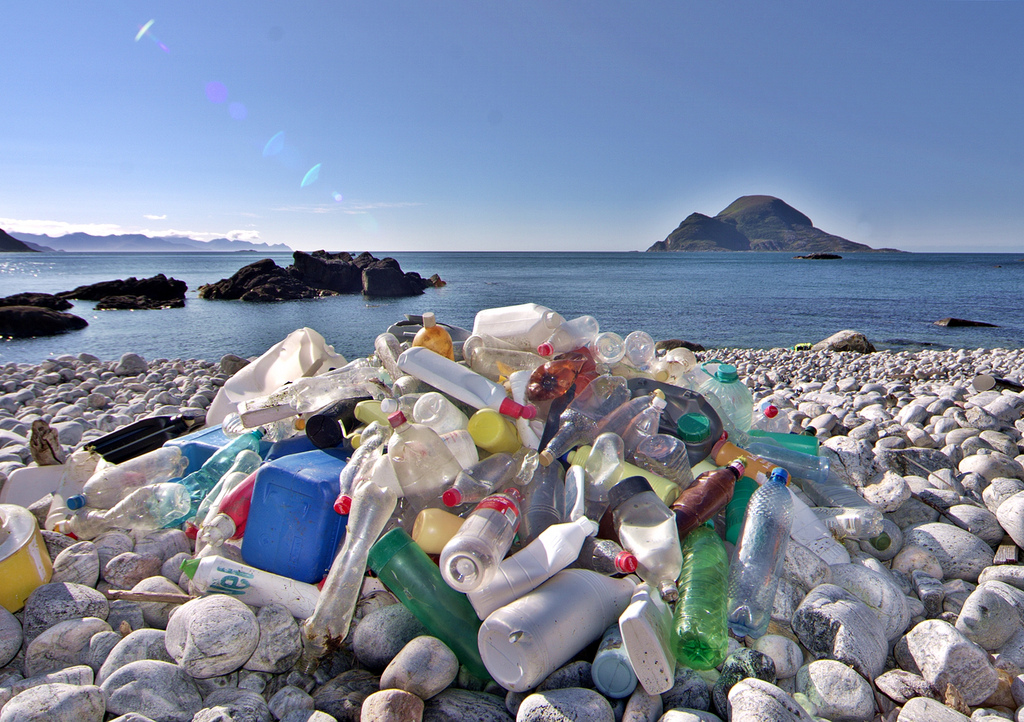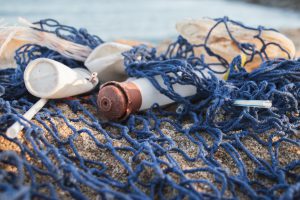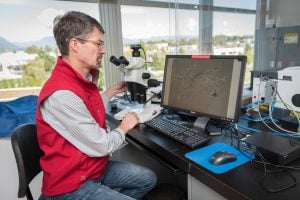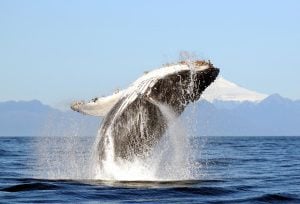The world’s oceans are facing countless threats, one of which is plastic — lots of it.
A study published in 2015 estimated that eight million tons of plastic are dumped into the ocean every year — the equivalent of five grocery bags per every foot of global coastline. Another report released earlier this year warned that plastic will outweigh all of the fish in the ocean by 2050 if major efforts aren’t made to halt the flow of inorganic material into our watersheds.
In light of this grim prognosis, some companies have been working to develop creative solutions to our global plastics problem. Here are four innovations that are helping to take and keep plastic out of the ocean:
Running shoes
Last year, athletic wear maker Adidas, in partnership with Parley for the Oceans, announced it had created the world’s first-ever running shoe made from recycled illegal deep-sea fishing nets. Now, the company is holding a contest to give away 50 pairs of the shoes. Want in on the running shoe revolution? Check out the rules and regulations.
Cleaning products
Method, a small soap company, has collected more than a ton of plastic from the beaches of Hawaii and recycled it into new bottles for their products, many of which are biodegradable.
Clothing
Dutch clothing designer G-Star Raw has been famous for denim since the 1990s, but recently found a way to take the wardrobe staple to the next level. The company’s Raw for the Oceans line, co-designed by singer Pharrell Williams, features jeans, jackets, sweatshirts and other apparel made with fabric containing recycled ocean plastics.
Beer packaging
The aftermath of drinking a six-pack of beer might be unpleasant for humans, but for marine life it can be deadly. The plastic rings used to package canned beverages can strangle seabirds and mammals and add to the problem of ocean pollution, but Saltwater Brewery, a small brewery in Delray Beach, Fla., has come up with a solution. Its six-pack rings are made from wheat and barley ribbons, a byproduct of the brewing process, making them fully biodegradable and edible.
Related: Fleece clothing a major contributor of microplastics in water
